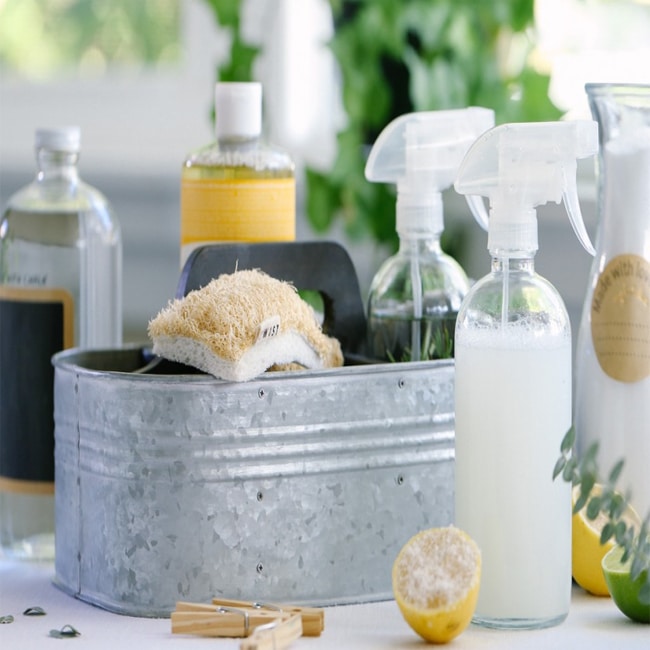
Herbal products are the most common use of essential oils. Aromatherapy practitioners frequently utilize it. Essential oils can nourish and uplift you while also keeping your home feeling fresh and clean. Have you used essential oils for a variety of reasons? Keep reading to know everything about the use of essential oils and the recipes for mixing essential oils with your household products.
What Is Essential Oil and Why Clean With Essential Oils
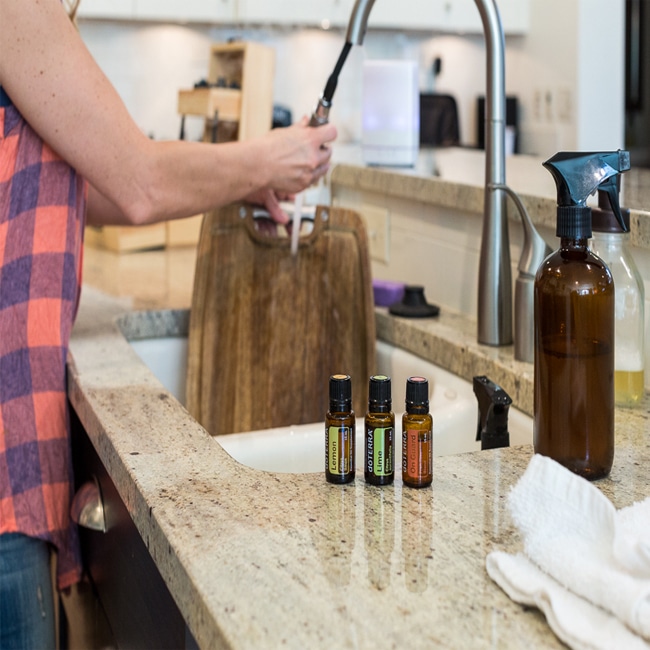
There are many different types of essential oils, each one has a unique scent and purpose. However, some should never be mixed together. Aromatherapy, a type of complementary medicine that uses plant extracts to maintain a healthy lifestyle and well-being, frequently includes essential oils. It is a natural, safe, non-toxic way to clean and freshen up your home. Essential oils are inexpensive and versatile, and it also works well for personal care and aromatherapy. Essential oils are a natural solution to all and safe to use.
Essential Oils Are Natural and Safe To Utilized Around The Family
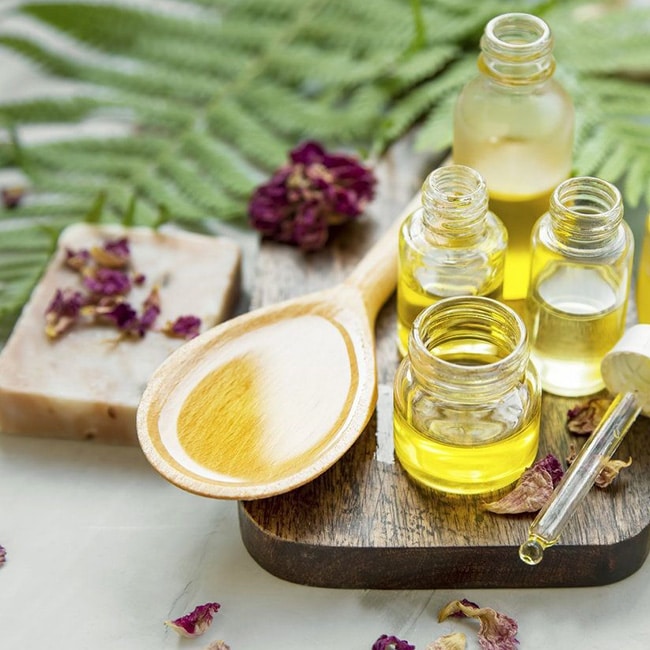
One of the most enticing parts of utilizing essential oils for cleaning is that they come from natural sources and can be used safely around the entire family when utilized properly. Essential oils are derived from herbal plant components and fastidiously managed to maintain the oil’s potency. When you clean with essential oils, you are depending on the oil’s natural substance parts to give cleansing and refining power. The natural substances can also work on eliminating the lingering micro-organisms on your clothes or wardrobe.
Essential oils are an excellent natural cleaning solution to use around the home, whether you choose to use natural cleaning solutions, are concerned about keeping your family safe, or simply want peace of mind.
Essential oils are effective cleaning agents because they have a potent scent . Despite the fact that essential oils are found in nature, they have significant and effective cleansing characteristics that make them ideal for cleaning the home. Essential oils are concentrated extracts of plant components, making them highly concentrated and powerful. They not only have a strong scent, but the chemical components in each oil also have significant health advantages.
Since essential oils have an amazing scent, just a small amount will be required to clean effectively. Other cleansing products may take a huge amount to accomplish the job, while essential oils may be used to cleanse an entire region with only a few drops. If you’re wondering if essential oils are as strong as other cleaning products, all you have to do is open a bottle of any essential oil to feel the highly concentrated, intense force of these natural components.
The Science Behind Utilizing Essential Oil For Cleaning
We may be asking ourselves, how does essential oil kill bacteria? According to the study written by Valencia Higuera, Simply said, some essential oils naturally include antibacterial and antimicrobial components, and it is these components that enable oils to treat infections. The specific substance varies depending on the oil, although aldehydes and phenols are two such compounds. Aldehydes are a broad-spectrum disinfectant that may sterilize and kill microorganisms, fungus, and viruses. Antibacterial activities have also been discovered in phenols, which are antioxidant chemicals.
Some experts think that essential oils can successfully limit the growth of some types of bacteria, particularly those that have grown resistant to antibiotics in recent years, due to their ability to kill infections.
The 9 Recipes You Need To Know
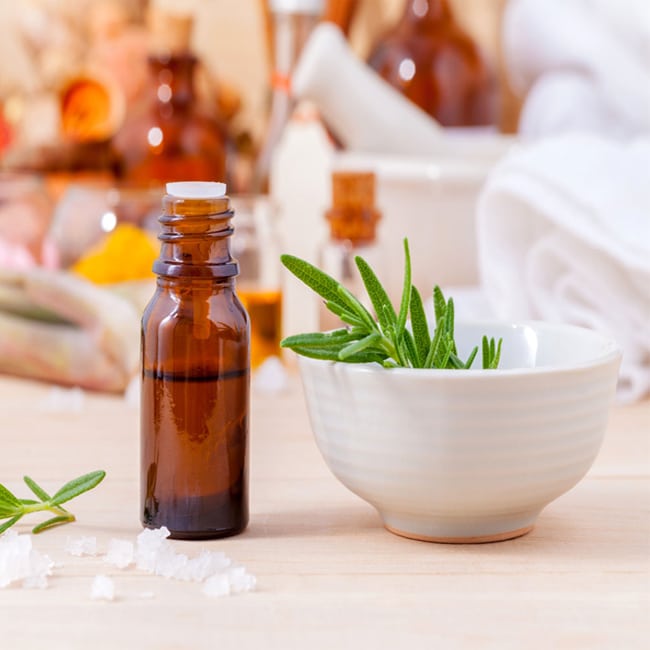
I was curious to find out what types of essential oil recipes I should mix in my household products. So I did research and finally found these best essential oils recipes.
1. Lemon Oil
This oil is great for cleaning and is very versatile. It can be used alone or mixed with other household products. Cleaning with lemon essential oil is one of our favorites. It has a light, lemony scent without the utilization of any synthetics or fragrances. This antiviral and antibacterial oil fights and dissolves any dirt that comes into contact with it. This uplifting powerhouse of essential oil can also be used as a disinfectant, eliminating sticky, and oily substances. It has a lovely, vibrant aroma, and is used in specialty cleansers for the kitchen and bathroom. Basil, any other citrus fruit, vanilla, bergamot, ylang-ylang, rosemary, and peppermint all work well together.
Uses: Lemon essential oil is convenient in cleaning products for the kitchen and toilets. It also works well on gleaming wood floors and furnishings.
2. Tea Tree Oil
Tea tree oil, commonly known as melaleuca oil, is a powerful cleansing oil. It is effective against germs, bacteria, viruses, and insects. It has even been shown in tests to help prevent influenza and norovirus. It can even destroy influenza virus two hours after exposure, according to one study. This antibacterial, antimicrobial, antifungal, and antiviral combination is the key to overcoming bacteria. It may take some time to get used to the aroma, but you might also come to adore it.
Uses: Tea tree oil is ideal for cleaning around the house on a daily basis. It’s particularly effective at getting rid of musty or mildew scents in bathrooms, attics, and kitchens.
3. Lavender Oil
Lavender oil is antimicrobial and anti-odor by nature. Lavender also offers relaxing properties, making it an excellent choice for usage in the home. It’s relaxing smell works well in the bedroom to relieve tension and promote sleep, all while keeping your space clean and free of bacteria. Lavender is often associated with relaxation and sleep, but it’s also excellent for laundry. To help prevent musty odors in the washing machine, add 5 drops to laundry detergent after it’s been portioned out. Lavender aids in the prevention of mold and mildew growth. It’s also a great essential oil for linen and bedroom sprays. It blends well with bergamot, peppermint, cedar wood, lemongrass, grapefruit, lime, orange, peppermint, rosemary, ylang-ylang, and clary sage, among other essential oils.
Uses: Clean your mattress and linens with lavender oil while also creating a calming smell. It’s also good for toys because it’s incredibly powerful against viruses and bacteria while being child-safe.
4. Thyme Oil
Thyme oil has soothing qualities in addition to being antiseptic and antibacterial. Because of its cleaning powers, it’s been used in fragrance and aromatherapy for years. It’s so effective that it’s been used to treat fungal and bacterial infections as well as skin issues. If you’re having skin problems, it could be due to the additives cosmetics you’re using at home—and thyme can help.
Uses: Thyme has an antimicrobial impact against food-borne diseases such as salmonella, making it ideal for cleaning cutting boards and kitchen utensils.
5. Eucalyptus Oil
Eucalyptus contains antiseptic, antimicrobial, and anti-inflammatory qualities in addition to its antiseptic and antimicrobial capabilities. It can truly assist with seasonal allergies when used around the house. It’s also effective against mold and mildew. Eucalyptus has also been shown to kill microorganisms that cause influenza, pneumonia, staph, and throat infections.
Uses: Eucalyptus is an excellent all-purpose cleaner, particularly for preventing mold, treating allergies, and preventing rats.
6. Wild Orange Oil
With a fresh zesty aroma, orange is refreshing and uplifting. Oranges are high in vitamin C, which is beneficial to both your body and your home. Orange enzymes aid in the digestion of bacteria and the prevention of its regrowth.
Uses: As an alternative to lemon oil, it works well as an all-purpose spray. It’s particularly useful for cleaning cutting boards and appliances because it doesn’t impart an unpleasant flavor to food. It’s also an effective grease remover.
7. Peppermint Oil
Peppermint is energizing, cooling, refreshing and its scent helps to concentrate and focus on the things you need to do. It’s antibacterial and antifungal, so it will get rid of any dirt in your house. It’s also a natural pest and rodent deterrent. Cleaning with peppermint oil helps to remove bacteria and keeps filthy bugs out of your house.
Uses: Peppermint is excellent all over the house, but it’s especially effective in keeping pests away. It’s also perfect for streak-free shine on glass and mirrors. It also works well when combined with other essential oils.
8. Cinnamon Oil
Cinnamon has long been regarded as the spice of protection and wealth, and with good cause. It can help destroy severe viruses and germs if you keep it in your home. Cinnamon oil has antibacterial and antiseptic properties, as well as being a natural deodorizer. Cinnamon is a wonderful way to make your home smell inviting.
Uses: Cinnamon is effective against mold, mildew, fungi, and other germs that cause odors. It’s also a good bug repellent. It is best to use cinnamon to deodorize and freshen the air.
9. Pine Oil
Pine is a frequent ingredient in many of your favorite cleaning products. It’s effective against household germs such as yeast spores and E.coli. Mold and mildew don’t have a chance against it. When it comes to a fresh, clean aroma, many individuals prefer pine to lemon.
Uses: Pine oil can be used to kill bacteria, fungi, infections, and yeast throughout the home. It also aids in the elimination of odors and the purification of the air. Use it to clean and sanitize large surfaces like walls and floors.
Conclusion On Mixing Essential Oils With Household Cleaning Products
You may utilize essential oils’ pure, powerful power to safely and organically clean your home once you realize how beneficial they can be for cleaning. Not only will you appreciate how simple it is to prepare your own cleaning solutions and keep your home clean, but you’ll also get to enjoy the scent of your favorite essential oils while doing so.
Use natural essential oils around the house to keep your home free of chemicals and toxins. These 9 essential oils are antibacterial and antimicrobial, meaning they can kill even the most resistant bacterial strains.
Start eliminating toxins from your home using those best essential oil recipes.
Grace is a certified aromatherapist that has studied the art and science of using naturally extracted elements from plants to promote health and heal the mind, body and spirit.
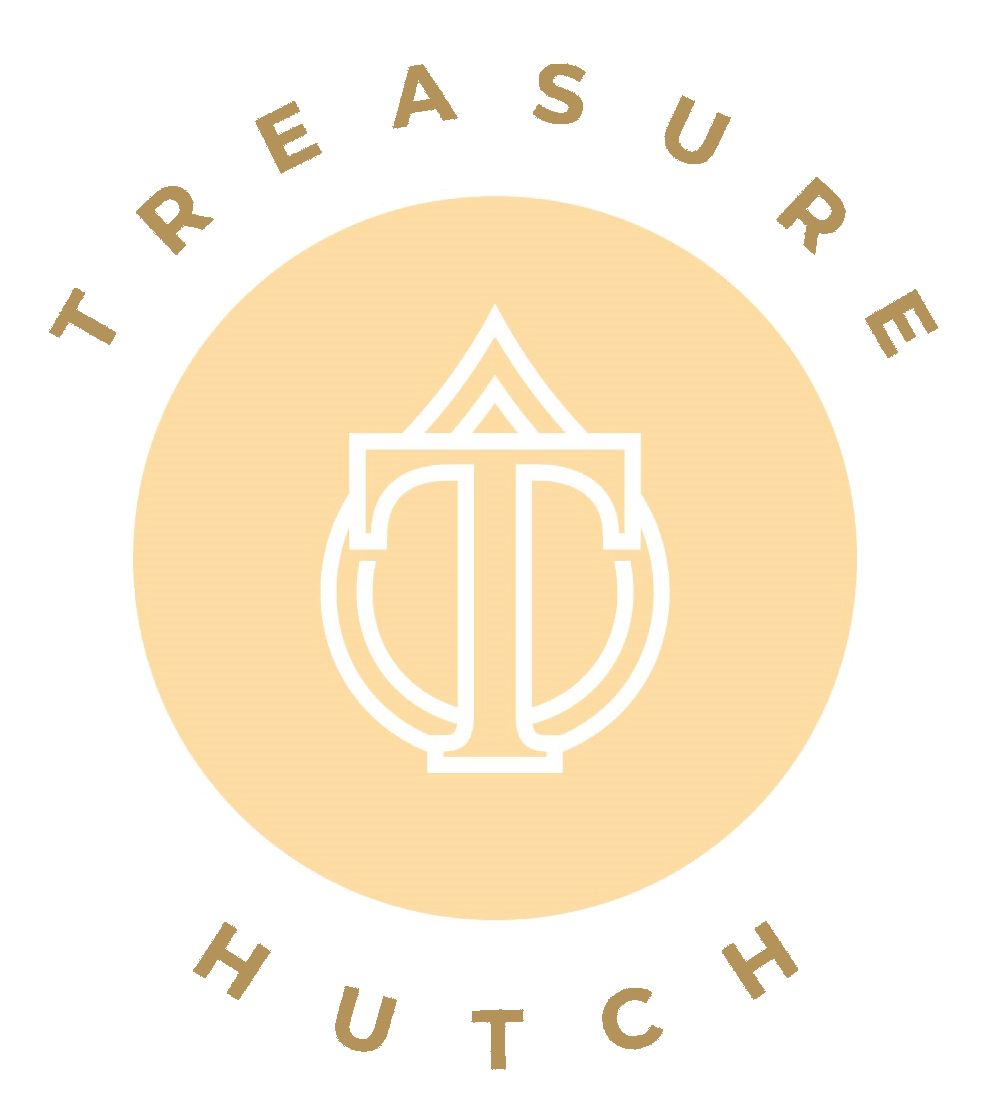

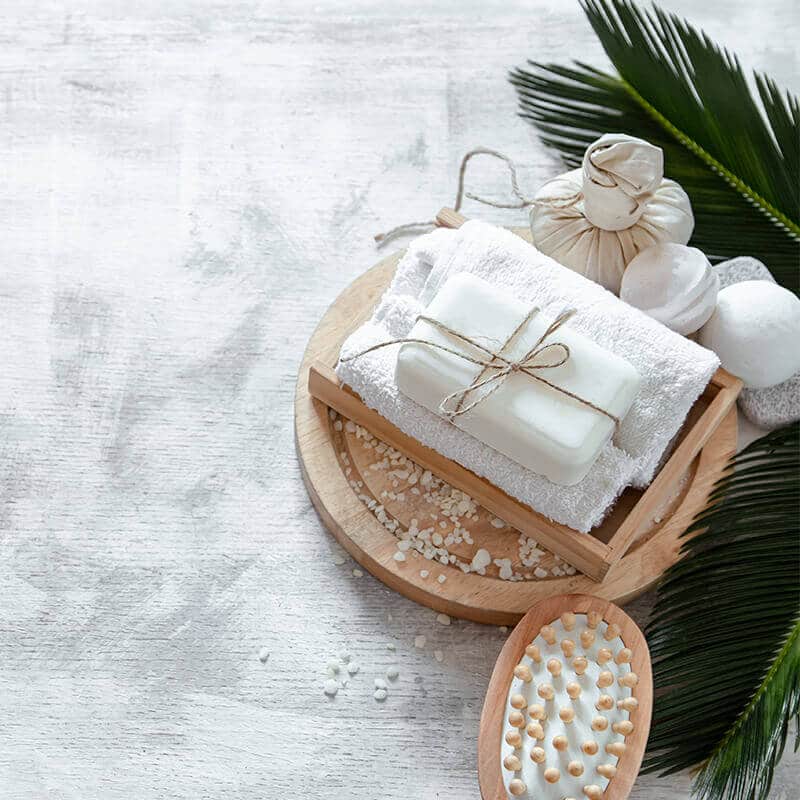
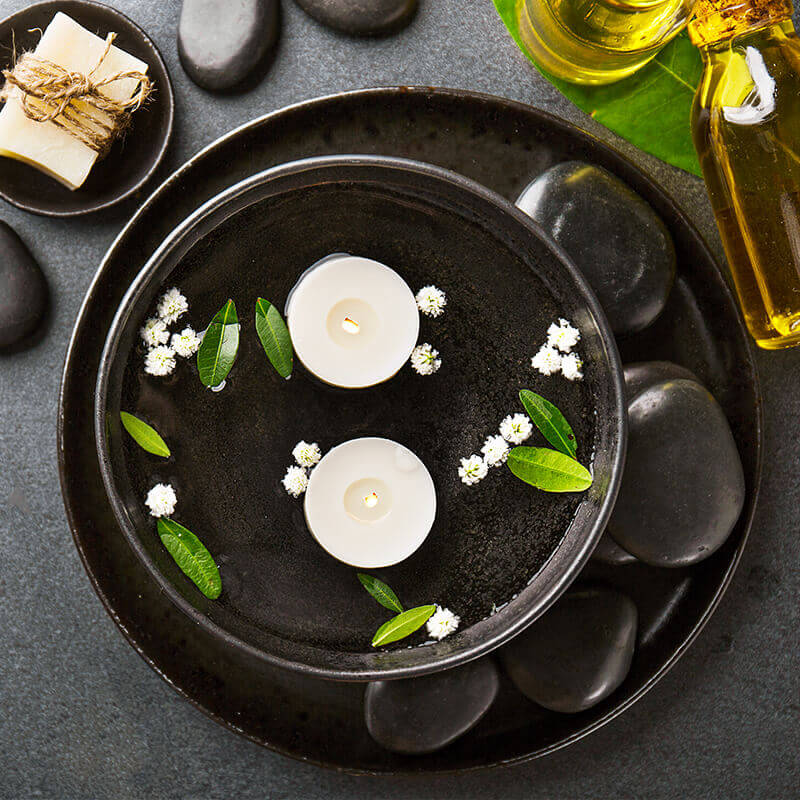
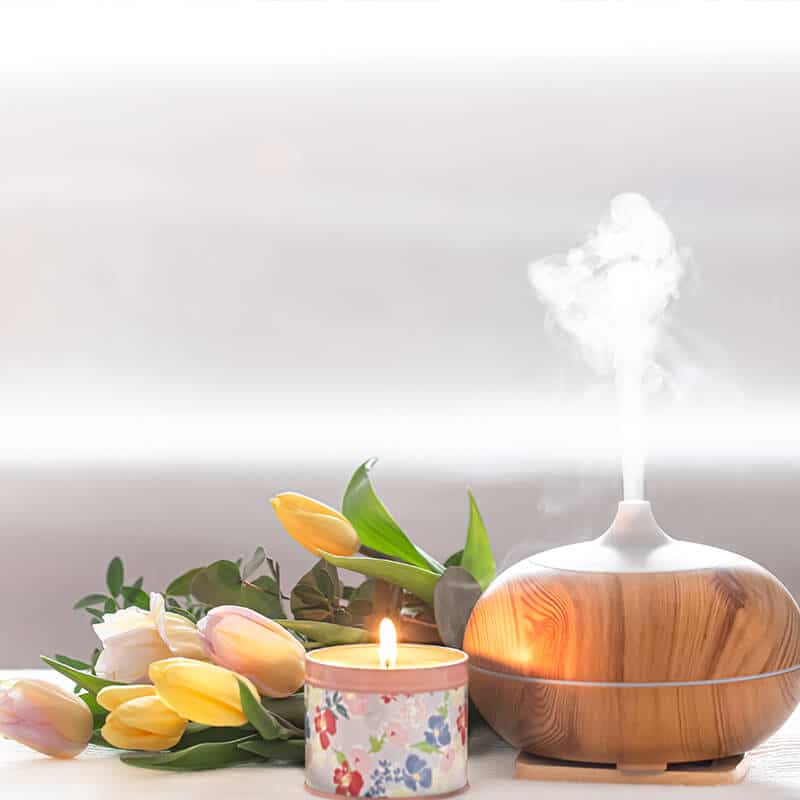
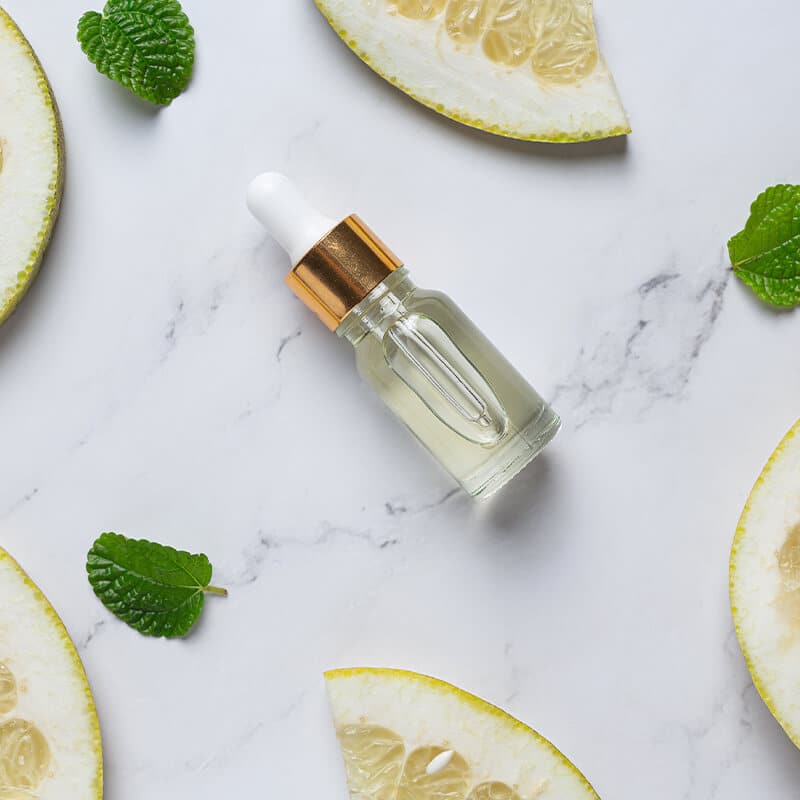
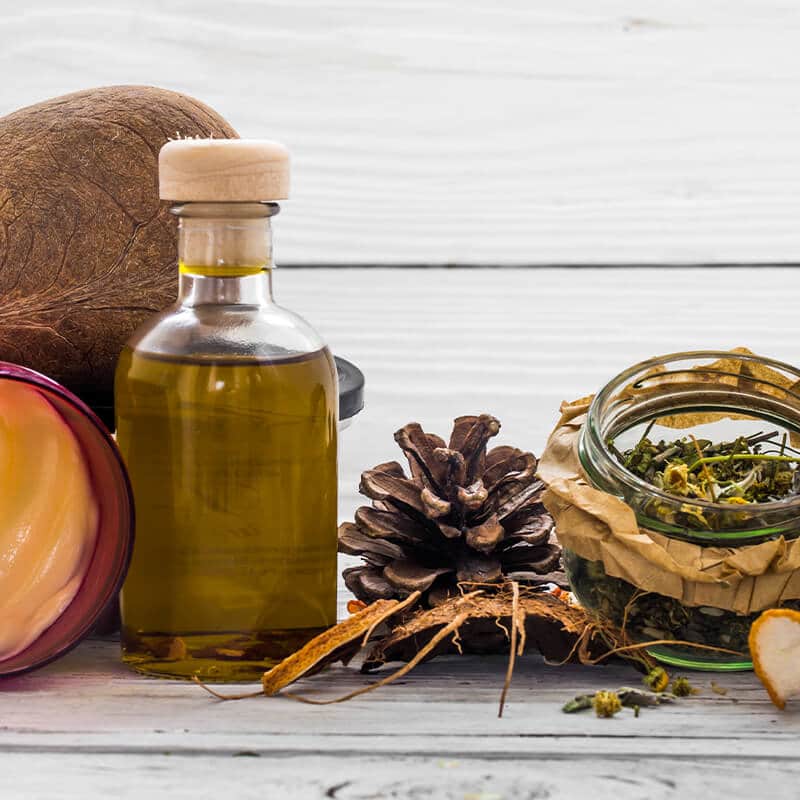
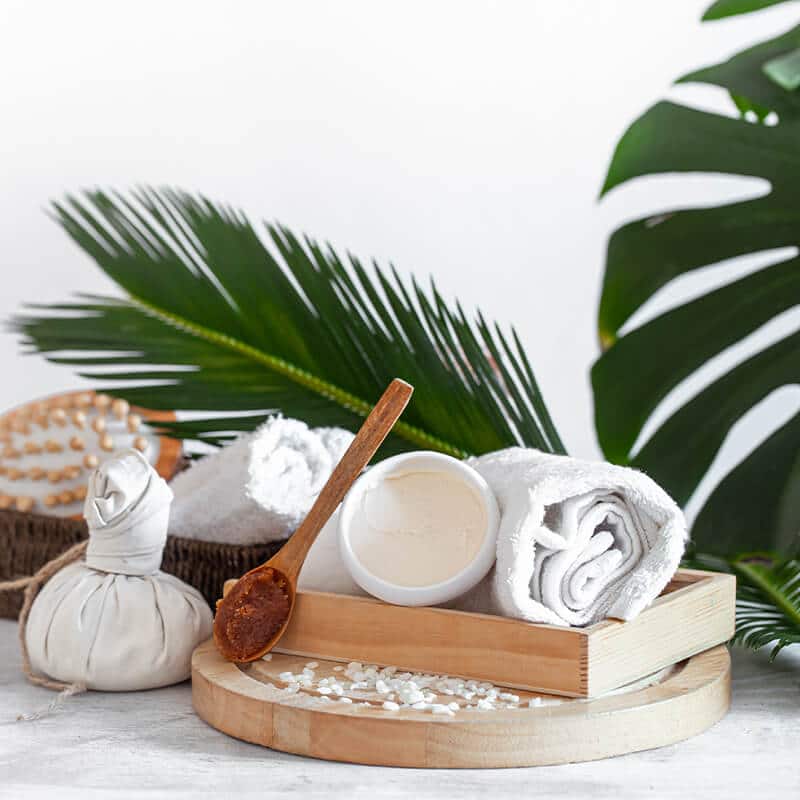
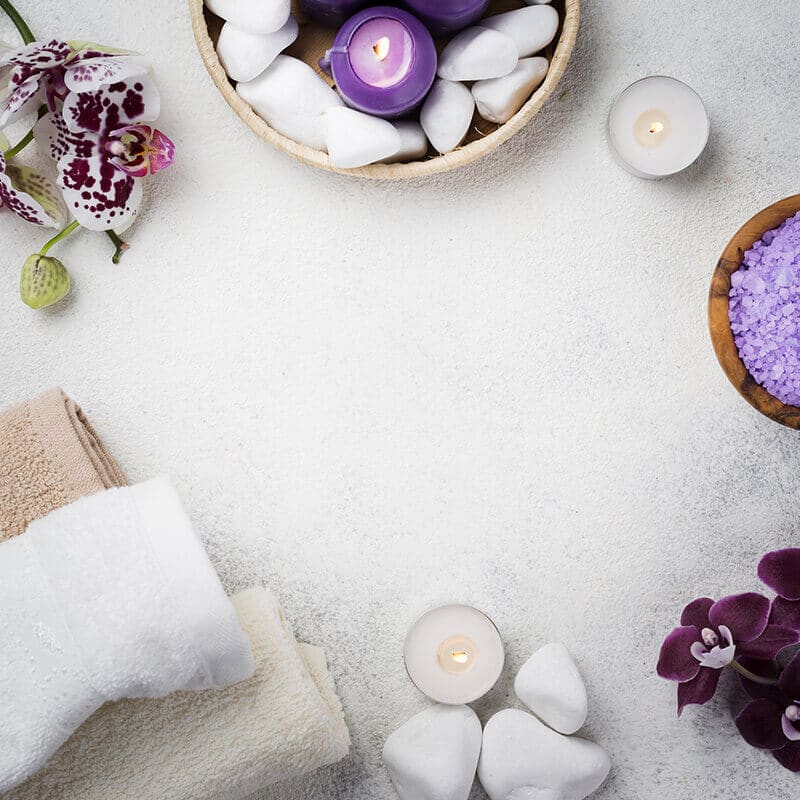
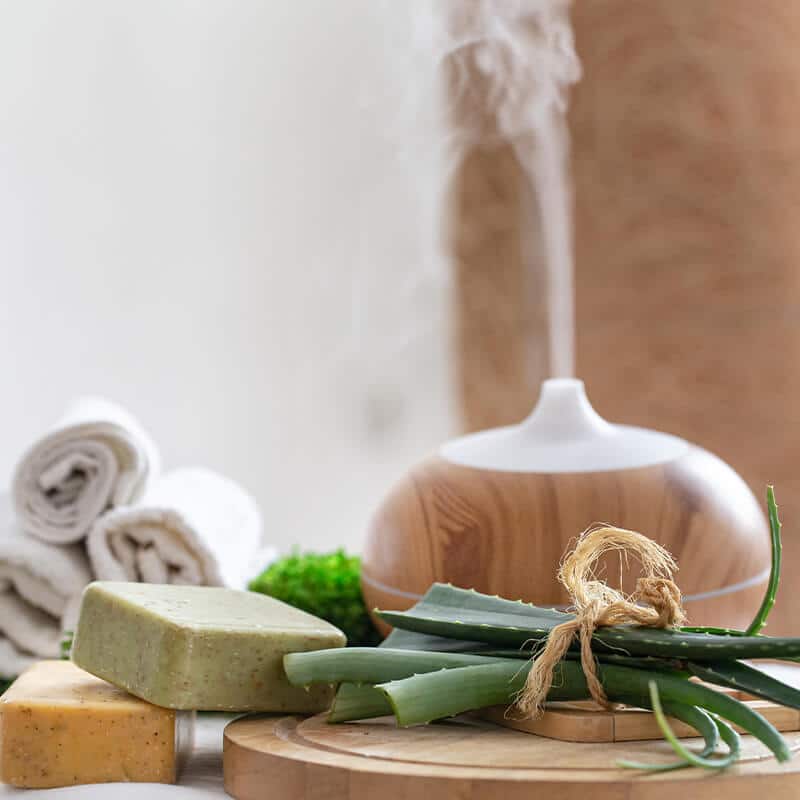
No Comments